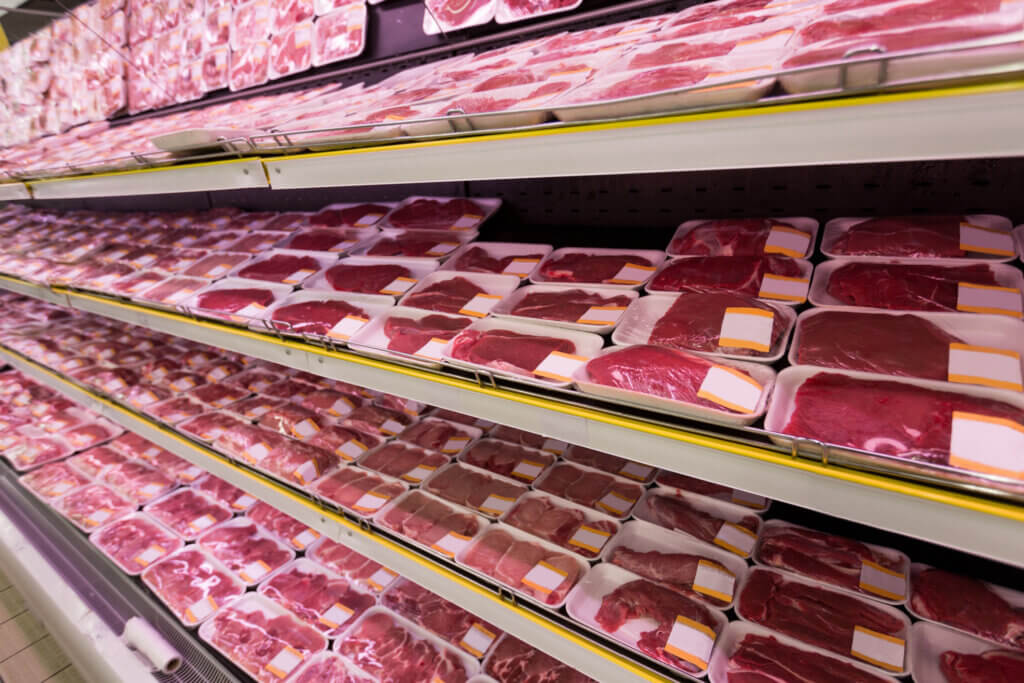
Food waste is a pressing issue that affects not only our economy but also our environment. In today’s fast-paced world, where convenience often takes precedence over sustainability, it has become essential for companies in the food industry to address this problem.
Food waste is something that cuts close to our core beliefs. We dedicate every single day to creating innovative solutions for producers to prevent food waste and increase shelf-life, working our way towards creating the food of tomorrow. Today, we would like to shed light on the economic and ecological impacts of food waste within our incredible sector.
Economic impacts of food waste
The economic consequences of food waste are staggering. The food industry incurs significant financial losses due to wasted resources such as raw materials, labour, energy, and transportation costs. Research reveals that reducing just 25% of food waste in the food industry could save companies billions. Food waste affects not only individual companies but the entire supply chain. It increases consumer prices as companies try to compensate for their losses.
By designing innovative solutions for producers to use in their production process, food waste like cooking losses can be significantly reduced. Optimising processes and preventing excesses allows producers to increase the self-life of their products, improve their profitability and create a more sustainable and efficient system.
Ecological impacts of food waste
The environmental consequences of food waste are equally significant. When food is wasted, all the resources used in its production are also wasted. This includes water, land, energy, and fertilisers. Moreover, decomposing food releases harmful greenhouse gases such as methane into the atmosphere, contributing to climate change.
Reducing food waste in the food industry can have a substantial positive impact on sustainability. It helps conserve natural resources and reduces greenhouse gas emissions, ultimately leading to a healthier planet.
The food of tomorrow
By reducing food waste, producers can save substantial amounts of money, improve profitability, and, most importantly, contribute to a more sustainable future. Using innovative ingredients throughout the supply chain is essential for success as it allows us to work towards a system that minimises waste, conserves resources, and protects our environment.
Take our Vascan 6072, for example, an innovation that reduces microbial growth in meat, ensuring its safety for consumption over an extended period. This innovation allowed customers to produce their products months before distribution without compromising quality. Vascan 6072 reduces microbial growth, slows the colour oxidation of oxymyoglobin and prevents rancidity from setting in – leading to an increased shelf-life, ensuring flavourful and enjoyable meat for longer periods and preventing beautiful cuts of meat from being wasted.

By embracing the power of responsible production, we aim to prevent food waste so that we can work toward a sustainable world, announcing the start of a new era within our industry.